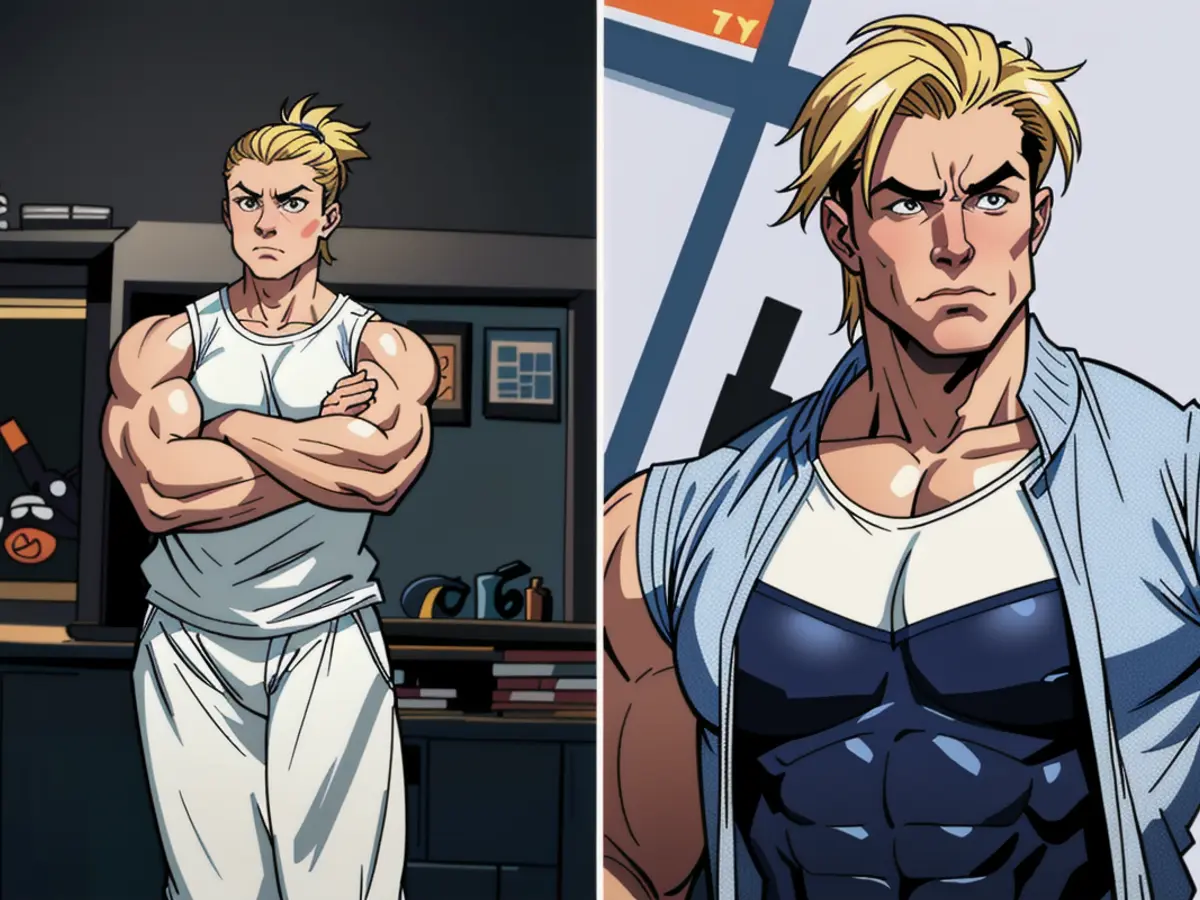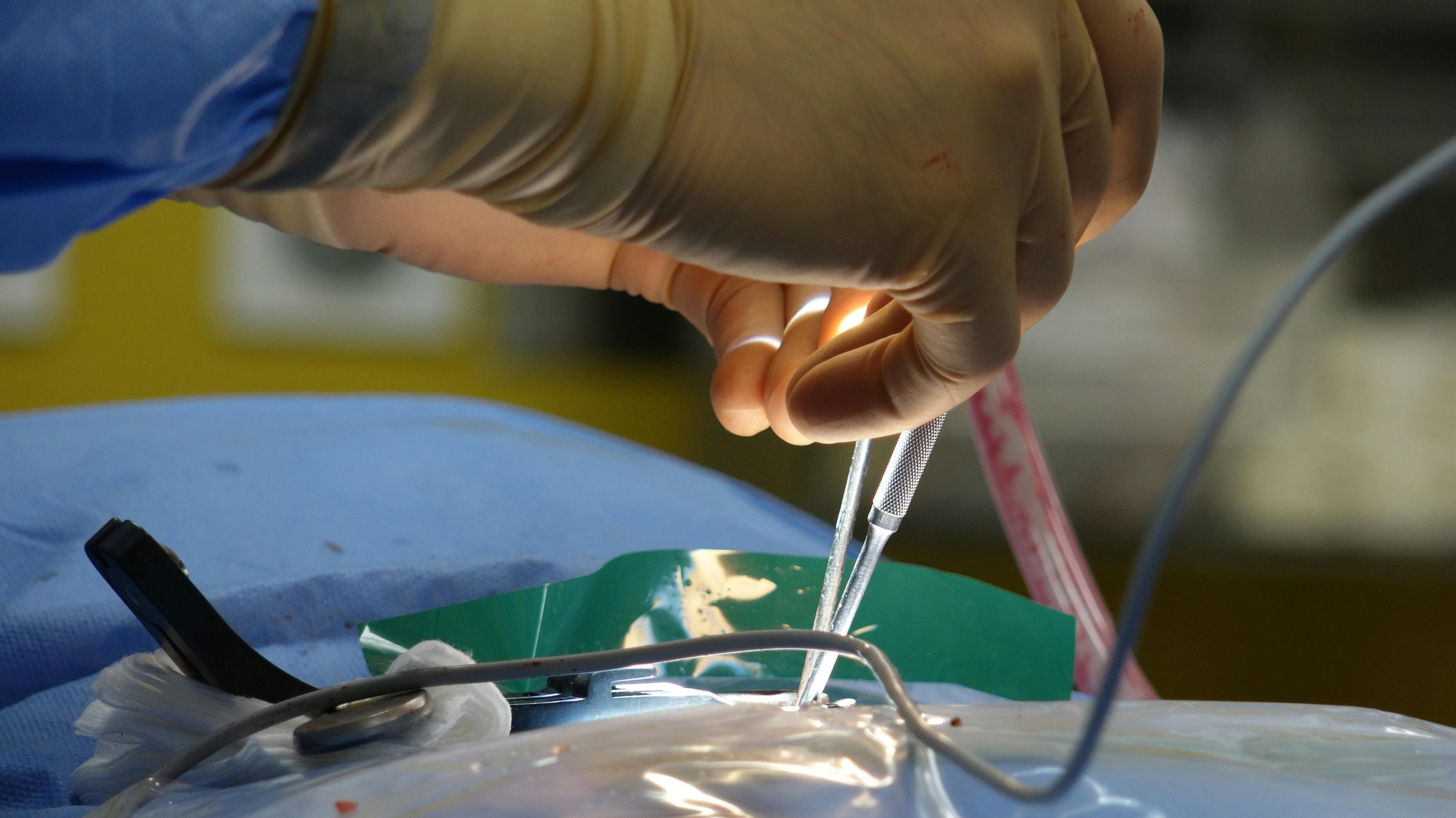EU Summit Farewell: Scholz Bids Adieu to Brussels
Brussels Bid Farewell: Scholz Announces Departure - Commission has yet to receive a response from the Commission itself.
Olaf Scholz, Germany's Federal Chancellor, spoke his final "So long" at a press conference following the recent EU summit, marking what appears to be his last regular sit-down in Brussels. As he bid farewell, Scholz delivered a candid overview of his time at the summit table, acknowledging that it helped him gain insights about the political landscapes of other nations and maintain a cool head during the tumultuous events.
When asked about his most significant achievement during his tenure, Scholz pointed to the backing provided to Ukraine and overcoming major crises, such as the energy crisis, despite initial skepticism regarding the feasibility of such accomplishments. He also credited the reform of the common European asylum system as a victory.
Merkel Bids an Emphatic Adieu
French President Emmanuel Macron shared that there was an opportunity during the summit to express appreciation for Scholz. Although no specific plans for an official farewell ceremony were revealed immediately.
EU summits often witness sentimental farewells for outgoing heads of state and government, with special gestures. Angela Merkel, for instance, was celebrated after her 16 years as Chancellor and a record 106 EU summits with standing ovations and a video presentation. At the time, EU Council President Charles Michel praised Merkel as the embodiment of Europe and noted, "The European Council without Angela is like Rome without the Vatican or Paris without the Eiffel Tower."
Scholz's Legacy: A Contested Narrative
Although not hailed as a great European visionary, Scholz nonetheless showed resilience and commitment during his time in office. However, his lack of eagerness to embrace a decisive leadership role raised questions about his impact, particularly as the Franco-German engine for Europe seemed to stall under the strained relationship between Scholz and Macron.
Despite his mixed legacy, Macron expressed warm appreciation for Scholz, referring to him as a "valuable partner" after the summit.
The Future Beckons
The next regular gathering of European leaders is slated for late June, tentatively marking a new chapter as Friedrich Merz (CDU) is anticipated to be elected as Germany’s Federal Chancellor.
Fortifying Europe's Defense: A Top Priority
With the global situation unlikely to ease significantly, the EU will continue to prioritize security and defense efforts until at least 2030. This Brussels meeting witnessed a consensus among leaders to substantially bolster Europe's defense capabilities.
Plans include EU loans totaling €150 billion and a new rule allowing defense spending to be exempted from strict EU debt regulations. The goal is to mobilize a total of €800 billion over the following four years.
This push stems from the EU's assessment of the urgent need to prepare for the possibility of a large-scale conflict with Russia. These efforts also aim to provide stronger military support to Ukraine should it become necessary.
Aid for Ukraine Remains a Top Priority
Though no new aid packages for Ukraine were announced during the summit, Ukrainian President Volodymyr Zelensky urged the EU to persist in supporting his country, specifically requesting at least €5 billion for artillery shells. This appeal aligns with the initiative proposed by EU foreign policy chief Kaja Kallas, who asked for this sum to go towards supplying ammunition to Ukrainian forces at the meeting's outset.
Initially, Hungary's refusal to support measures favorable to Ukraine hindered the adoption of a joint EU resolution on the matter. Nevertheless, the remaining 26 member states issued a joint statement reaffirming their steadfast support for "the independence, sovereignty, and territorial integrity of Ukraine within its internationally recognized borders."
For more information on this and other EU summits, visit the EU website.
Angela Merkel, who served for 16 years as Chancellor and attended 106 EU summits, was celebrated with standing ovations and a video presentation during her farewell. Despite questions about his impact, Olaf Scholz agreed with EU leaders at recent summits on the importance of bolstering Europe's defense capabilities, partially due to the urgent need to prepare for potential conflicts with Russia. In response to Ukrainian President Volodymyr Zelensky's call for aid, Federica Mogherini, the EU's foreign policy chief at that time, wrote a letter to Germany regarding the need for additional support for Ukraine, a letter that was likely a brief sent by Merkel.





